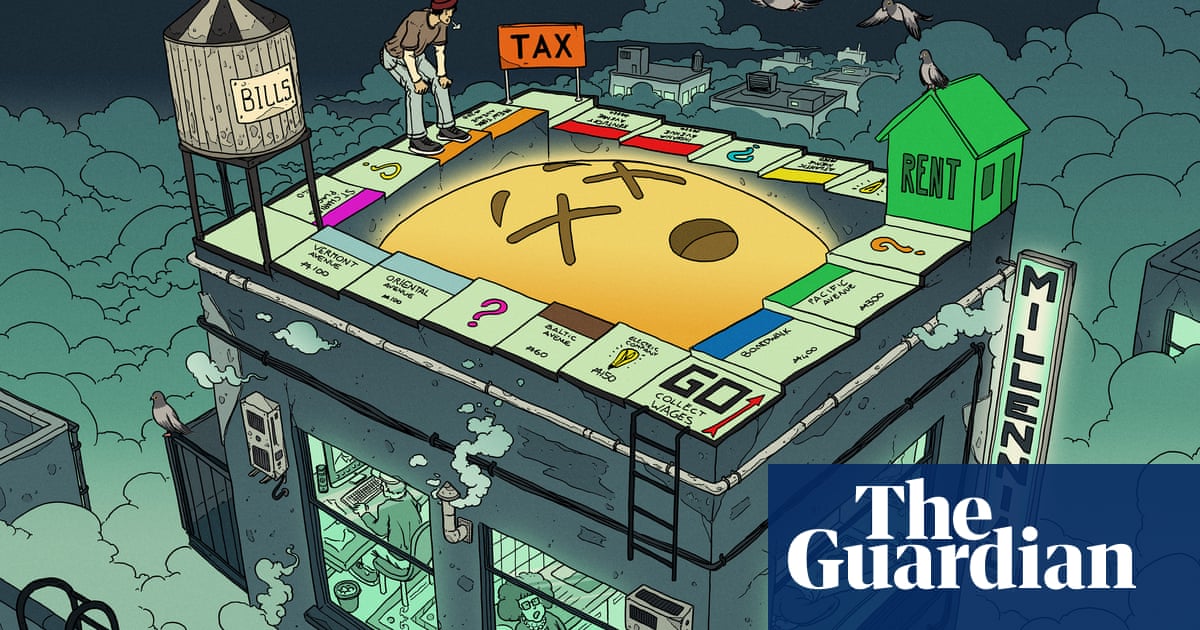- cross-posted to:
- economics
- cross-posted to:
- economics
Claire*, 42, was always told: “Follow your dreams and the money will follow.” So that’s what she did. At 24, she opened a retail store with a friend in downtown Ottawa, Canada. She’d managed to save enough from a part-time government job during university to start the business without taking out a loan.
For many years, the store did well – they even opened a second location. Claire started to feel financially secure. “A few years ago I was like, wow, I actually might be able to do this until I retire,” she told me. “I’ll never be rich, but I have a really wonderful work-life balance and I’ll have enough.”
But in midlife, she can’t afford to buy a house, and she’s increasingly worried about what retirement would look like, or if it would even be possible. “Was I foolish to think this could work?” she now wonders.
She’s one of many millennials who, in their 40s, are panicking about the realities of midlife: financial precarity, housing insecurity, job instability and difficulty saving for the future. It’s a different kind of midlife crisis – less impulsive sports car purchase and more “will I ever retire?” In fact, a new survey of 1,000 millennials showed that 81% feel they can’t afford to have a midlife crisis. Our generation is the first to be downwardly mobile, at least in the US, and do less well than our parents financially. What will the next 40 years will look like?



I mean, if this is what you believe, you can still invest in bonds in a 401k or brokerage account. Even if I believed this about stocks crashing, I still wouldn’t put any $ in an annuity.
Also, predicting the stock market and making huge decisions based on that tends to not go well.
The main benefit of an annuity over bonds is that it will keep paying out until you die.
A small annuity that just covers you and your spouses essential living expenses is not a bad investment.
I agree, large annuities are a waste.